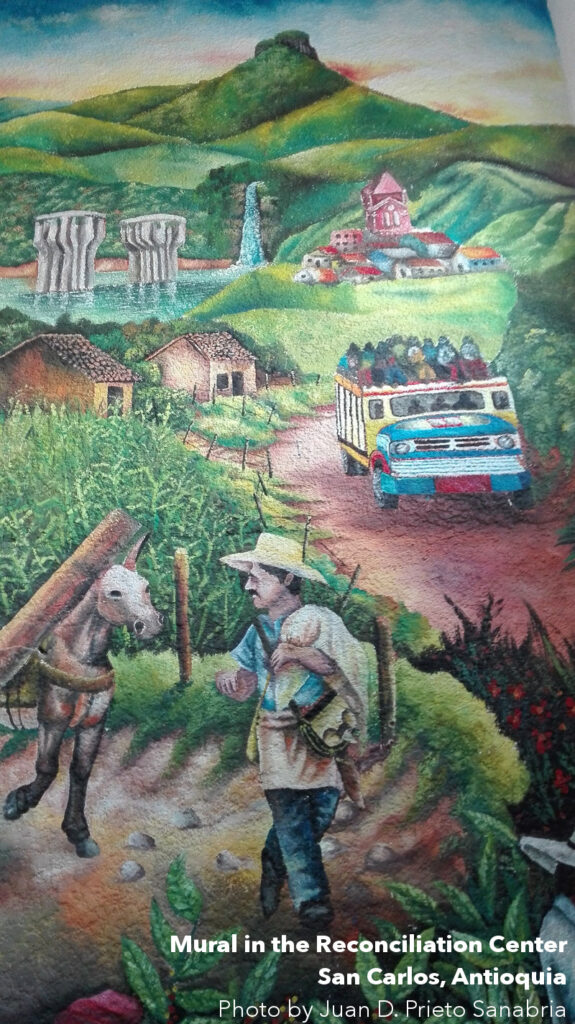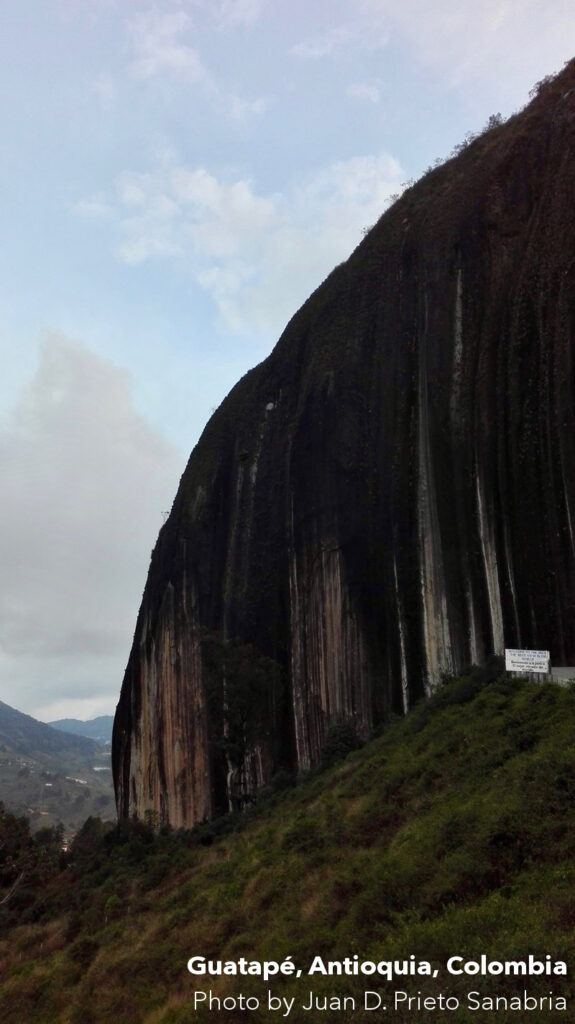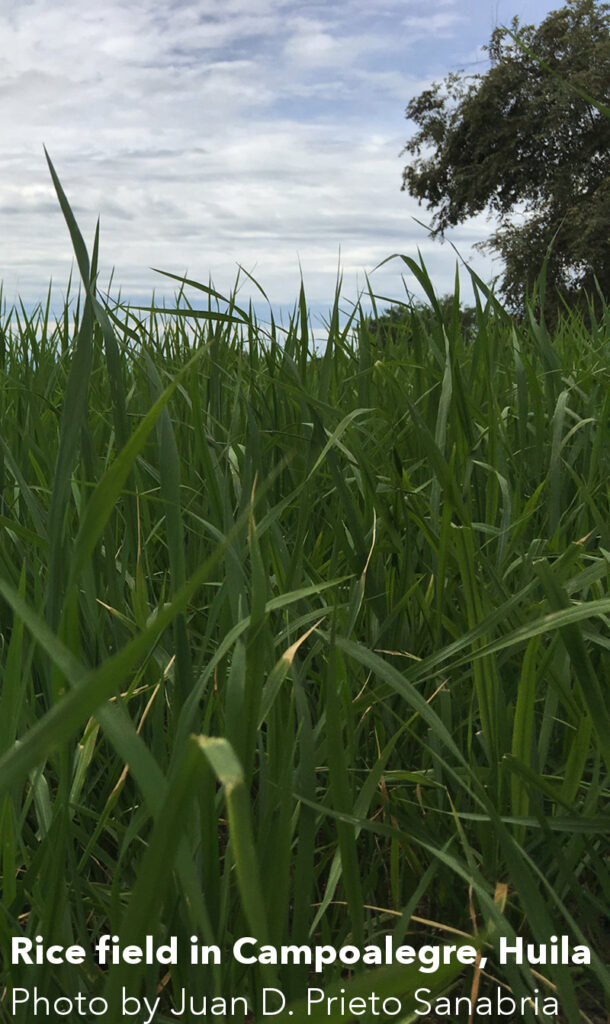Book Project on Subnational Social Policy in Pandemic Times
Read about this project here.
Book Project on State Service Provision around “Extractivist” Projects
Oil and mining projects, capital-intensive monocrops, and large hydroelectric dams—usually located in remote localities far from countries’ urban centers of power—remain an integral part of most governments’ economic strategies in Latin America and elsewhere in the global south.
However, community mobilization against such projects and their environmental and socioeconomic impacts has been one of the most salient forms of social conflict in the region in the 21stcentury, as exemplified by experiences with large-scale mining in Peru, soybean monocrops in Paraguay, and mega-dams in Brazil. Such conflict is often prompted or exacerbated by governance failures—from weak regulation and wasteful spending to excessive repression.

My dissertation asks what it takes for the state to function effectively around so-called “extractivst” projects, with a focus on basic service provision. I emphasize the decisive role of non-state actors—business as well as popular sectors—in offsetting local state capacity deficits, either by coproducing new public goods or by compelling politicians through contentious pressure to procure resources from elsewhere to “patch up” local institutions. I further argue that the durability of these types of arrangements—which I refer to as local ownership of state power—depends on claimants’ organizational strength, their espousal of a statist ideational framing, and their ability to develop alliances with activist bureaucrats or electorally motivated politicians. Although different economic activities can shape local claimants’ preferences and opportunities and offer varying incentives for state elites, I find that the influence of sectoral attributes is far from deterministic.
My argument is based on a comparative-historical analysis of three regions of Colombia varying in terms of their dominant economic sector: oil in Barrancabermeja (Santander), commercial rice crops in central Huila, and hydropower generation in eastern Antioquia (see the photo gallery on the sidebar). These regional histories—spanning the entire 20th century and based on two years of archival and interview research across ten municipalities—inductively trace how periods of sustained state service provision came about, why they occurred when they did (and not before or after), and the causes of their onset and termination. The cross-case comparison then allows for an assessment of sectoral, geographical, and regionally specific alternative explanations. By focusing simultaneously on the importance of local state institutions and on the agency of local non-state actors, the study moves beyond the fatalism of the “resource curse” and improves our understanding of how to promote good governance and inclusive development in isolated economic hotspots.
Publications
Journal articles
2023 “The Distributive Politics of Social Assistance Targeting: Evidence From COVID-19 Relief In Colombia,” Social Policy & Administration 57, no. 5 (2023): 744-759.
2012 “Together After War While the War Goes On: Victims, Ex-Combatants and Communities in Three Colombian Cities,” International Journal of Transitional Justice6, no. 3: 525-546.
Books
2018 (Co-edited with Angelika Rettberg, Ralf Leiteritz, and Carlo Nasi) ¿Diferentes recursos, conflictos distintos? La economía política regional del conflicto armado y la criminalidad en Colombia (Bogotá: Ediciones Uniandes).
English translation:Different Resources, Different Conflicts: The Subnational Political Economy of Armed Conflict and Crime in Colombia (Bogotá: Ediciones Uniandes, 2020).
2012 Guerras, paces y vidas entrelazadas: coexistencia y relaciones locales entre víctimas, excombatientes y comunidades en Colombia (Bogotá: Ediciones Uniandes).

Chapters in edited volumes
2023 “La política de la paz y la justicia en Colombia: implicaciones para la reconciliación,” in Reconciliación: Experiencias en Colombia y el mundo, edited by Angelika Rettberg and Juan Esteban Ugarriza, 101-127 (Bogotá: Ediciones Uniandes).
English translation: “Politics of Peace and Justice in Colombia: Implications for Reconciliation,” in Reconciliation: Experiences in Colombia and the World, edited by Angelika Rettberg and Juan Esteban Ugarriza (Bogotá: Ediciones Uniandes).
2018 (With Ralf Leiteritz, Carlo Nasi, and Angelika Rettberg) “Un marco para comprender la economía política del conflicto armado y la criminalidad en las regiones colombianas” [“A Framework for Understanding the Political Economy of Armed Conflict and Crime in Colombian Regions”], in ¿Diferentes recursos, conflictos distintos? La economía política regional del conflicto armado y la criminalidad en Colombia, 3-45 (Bogotá: Ediciones Uniandes).

2018 (With Angelika Rettberg) “Conflicto crudo: Petróleo, conflicto armado y criminalidad en Colombia” [“Crude Conflict: Oil, Armed Conflict, and Crime in Colombia”], in ¿Diferentes recursos, conflictos distintos? La economía política regional del conflicto armado y la criminalidad en Colombia, 135-192 (Bogotá: Ediciones Uniandes).
2017 (With Kent Eaton) “Subnational Authoritarianism in Colombia: Divergent Paths in Cesar and Magdalena,” in Violence in Latin America and the Caribbean: Subnational Structures, Institutions, and Clientelism, edited by Tina Hilgers and Laura Macdonald, 153-172 (Cambridge: Cambridge University Press).
2012 “Coexistencia local entre víctimas, excombatientes y comunidades en Colombia: implicaciones para la construcción de paz” [“Local Coexistence among Victims, Ex-Combatants, and Communities in Colombia: Implications for Peacebuilding”], in Construcción de paz en Colombia, edited by Angelika Rettberg (Bogotá: Ediciones Uniandes).
2010 (with Angelika Rettberg) “Víctimas, victimarios y vecinos: proximidad social y actitudes de las víctimas frente a la reparación, la justicia y la paz” [“Victims, Perpetrators, and Neighbors: Social Proximity and Victims’ Attitudes Toward Reparations, Justice, and Peace”], in Reparación en Colombia: ¿qué quieren las víctimas?, edited by Ernesto Kiza and Angelika Rettberg, 107-132 (Bogotá: GTZ–ProFis).
Technical Reports
2021 (Co-authored with Kent Eaton, Sarah Shair-Rosenfield, and Cynthia Clapp-Wincek) Democratic Decentralization Programming Handbook (Center for Democracy, Human Rights and Governance, USAID).
Commentary
2021 “Balance de la política social en la pandemia”, El Espectador & Razón Pública, March 30.
2019 “Figuring Out Whether (And Why and How and To Whom) Institutions Matter,” Research Center for the Americas Open Forum, Winter Issue.
2016 “The Colombian Peace and its Discontents,” n+1, November 28.
2013 “Diálogos de paz cumplirán un año”, El Tecolote, vol. 43 (September).
2012 “Peace talks in Colombia: Opportunity and obstacles”, El Tecolote, vol. 42 (December).
Work in Progress
“Social Mobilization and State Service Provision in Changing Local Economies: Evidence from Oil, Rice, and Dams in Colombia” (under review).
“Large and Honest COVID-19 Relief: A Subnational Qualitative Comparative Approach with Evidence from Colombia,” APSA Preprints, October 11, 2022, doi: 10.33774/apsa-2022-vx83s (also presented at the COMPASSS QCA Paper Development Workshop, ETH Zürich, December 13-14, 2022).
“Prosecuting Pluralism? Accountability Institutions and Subnational Democracy in Colombia,” with Will G. Freeman (Princeton University).
(with Angelika Rettberg and Federico Dupont) “Explaining Armed Groups’ Funding Portfolios” (in preparation).
(with Juan Guillermo Miranda) “Delimiting the Extractivist State: Lived Experiences of Public Service Provision in a Colombian Enclave” (in preparation).
